Between 1957 and 1976, you could take the bus from London to Calcutta (or to be more precise and up to date, Kolkata.)
At the time this was thought to be the longest bus route in the world. It passed through Belgium, the former Yugoslavia and North Western India and cost (in 1957) £85 (or around £2,500 in today’s money.)
It was more than a pragmatic way to reach India; it was a whole experience, or in today’s parlance, a vibe. It had bunk beds, heaters, a music system and a kitchenette. It was probably only marginally less comfortable than a Flix Bus from Nottingham to London, and probably quicker.
The downside? The journey took around 50 days.
50 days on a bus. A bus! With everyone’s noises – munching crisps, swallowing drinks, yip-yapping away, and generally emitting unwholesome smells.
When the board went up for 13 minutes of added time at Stamford Bridge with Forest down to ten men, we caught the merest glimpse of what such a journey might feel like: an eternity of discomfort.
Or at least, it was for around ten of those added minutes, since for around the final three of them, it felt like Forest might actually go and do the unthinkable and score a winner. When Nico Williams let rip with a volley which seemed goal-bound, and Jota Silva’s header almost found the corner, my heart jumped – actually jumped around in my chest -–a most curious feeling.
Stamford Bridge seems to be a place where individuals shine. Joe Worrall at the start of last season, Taiwo Awoniyi at the end of the season before that. The latest inductee into the (admittedly niche) ‘Outstanding Contributions to Decent Results at Stamford Bridge by Forest Players Hall of Fame’ being Matz Sels. He wasn’t just a wall, he was a buttress, a boy with his finger in a dam, a key stone in an arch, a little blue bag of salt in a pack of plain crisps,
And yes, Ryan Yates does indeed want a word, and rightfully so. We all know what Ryan Yates is and what Ryan Yates does. But this performance wasn’t just a Ryan Yates falls over and wins a free kick when we desperately need it. There was more to it than that. He got us in their half. He not only won the ball but got us going forward. Down to ten men and with Morgan Gibbs-White off injured, it was he who was breaking forward in an effort to relieve the pressure. And the fact he does all this with an impish, innocent grin permanently etched in his face is simply wonderful.
Of course, there were a few thrills and spills before added time. Chris Wood scored the quintessential Chris Wood goal. James Ward-Prowse trying to disguise his hand ball was as weird as the club’s recent chairman reshuffle and an owner of a football club allegedly hanging around the tunnel areas after a game to harangue a referee.
But that final 13 minutes turned out to be one of the most pulsating and exciting 13 minutes of football played in a while. More thrills and spills than a water ride in the pouring rain.
And come the final whistle, there was a wide feeling of belonging, of acceptance: this is who we are, we rock up to Stamford Bridge, give them a right old game and nearly walk off with the points. Nothing to get excited about. No big deal. This is what we do these days.
It’s a feeling I could get to like. It’s certainly a feeling more comfortable than the thought of a 50 day bus trip to Calcutta.
If you don’t know me, I am the author of ‘Reds and Rams: The History of the East Midlands Derby’ and ‘The History Boys: Thirty Iconic Forest Goals’ (both available in the Forest club shop). I have written pieces for Mundial magazine, Football Weekends magazine, edited two award-nominated fanzines and was a columnist in the Nottingham Forest programme for eight years.
If you do know me, I’m truly sorry.
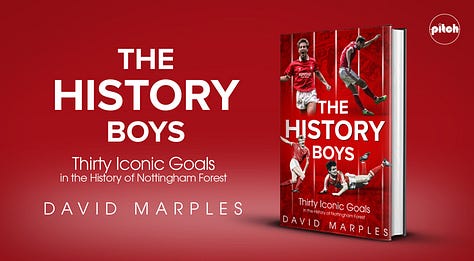
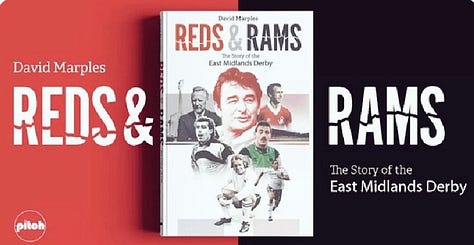
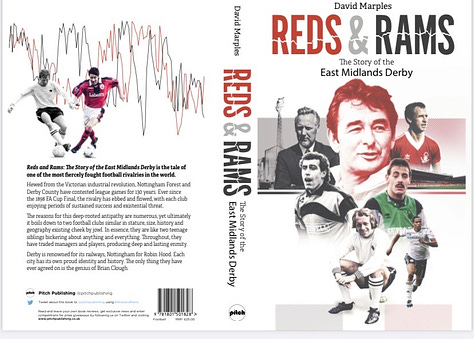
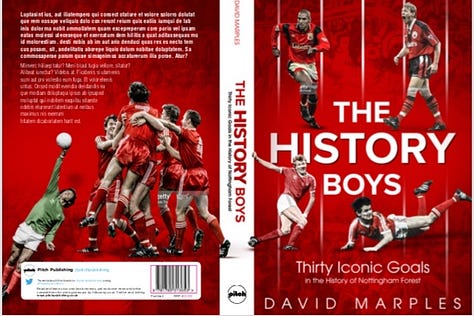
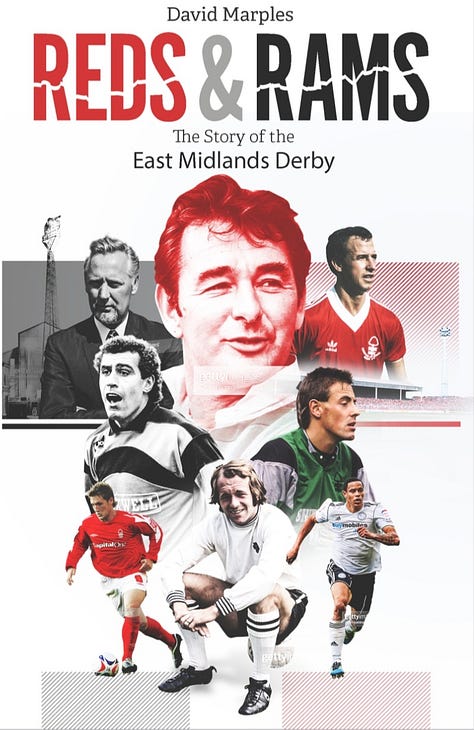



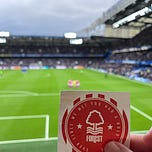










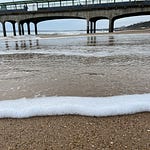
Share this post